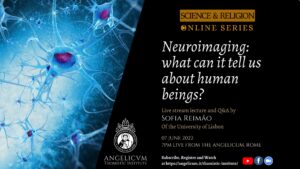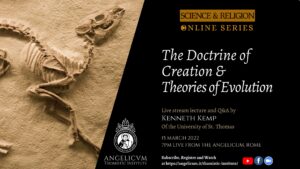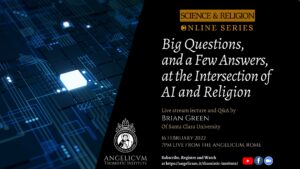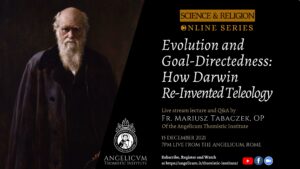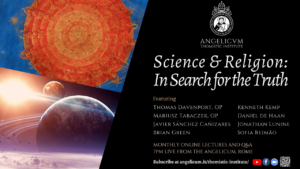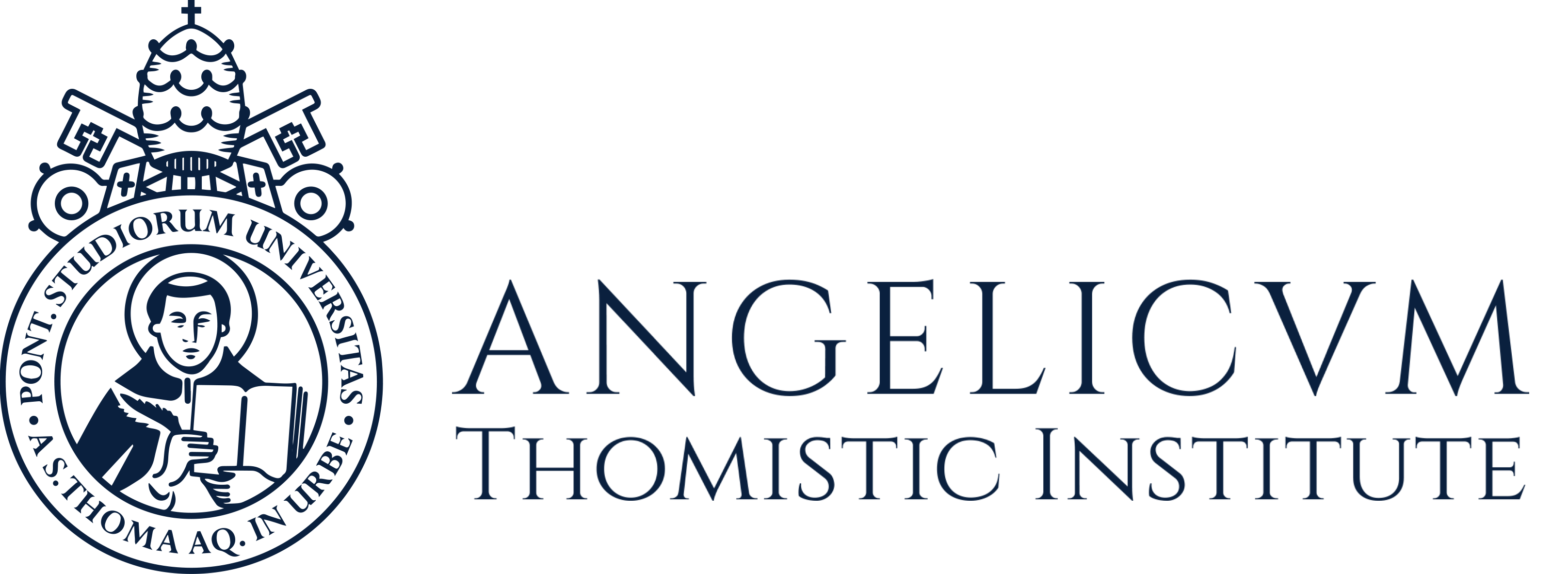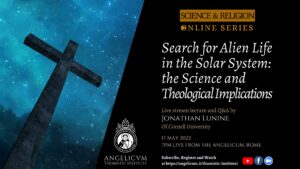Why Developmental Psychology Matters for Virtue
Daniel De Haan
University of Oxford
This presentation outlines an approach for thinking developmentally about virtues and human flourishing. The Thomist tradition details important insights concerning the ways the virtues transform and rightly order practical reason, will, desire, and other emotions. There is a need, however, to consider what commonsense and scientific enquiry tell us about developmental psychology. I argue there is a need to take more seriously the ways toddlers, young children, adolescents, and the elderly flourish and can aspire to cultivate the virtues. These diverse ontogenic ways are often quite distinct from the standard accounts of flourishing and virtues that focus entirely on mature adults. I hope to show some of the ways developmental psychology provides important insights for enriching our moral psychology.
For further readings on this topic, click HERE and download the list of suggestions compiled by Dr. Daniel De Haan.
Dr. Daniel D. De Haan is the Frederick Copleston Senior Research Fellow & Lecturer in Philosophy and Theology in the Catholic Tradition at Blackfriars and Campion Hall, Oxford University. He is also a research fellow within the Ian Ramsey Centre for Science and Religion in the Faculty of Theology and Religion at the University of Oxford. Before coming to Oxford, he was a postdoctoral fellow on the neuroscience strand of the Theology, Philosophy of Religion, and the Sciences project at the University of Cambridge directed by Professor Sarah Coakley. He received his doctorate in philosophy from the Catholic University of Leuven, Belgium and the Centre for Thomistic Studies at the University of St. Thomas, Houston, USA. His research focuses on philosophical anthropology, philosophy of mind and neuroscience, and medieval philosophy and theology especially in the work of Thomas Aquinas and Avicenna. He is the author of ‘Necessary Existence and the Doctrine of Being in Avicenna’s Metaphysics of the Healing’ (Brill, 2020).
Related Content
